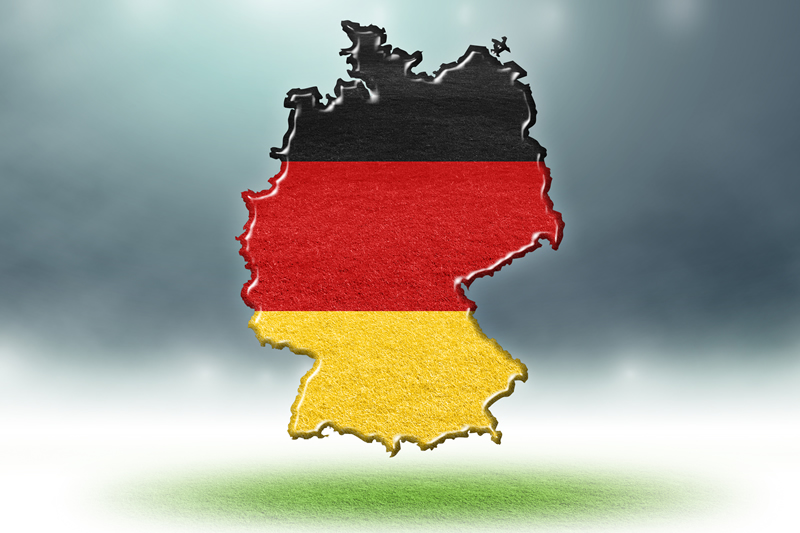German Government Approves Carbon Capture and Hydrogen Plans
3
The German government has recently approved significant draft legislation aimed at accelerating the integration of hydrogen and carbon capture technologies into the country’s energy and industrial systems. These technologies are viewed as essential for Germany's goal of becoming carbon neutral by 2045 while maintaining its heavy industries, according to government sources.

Carbon Capture and Storage
The legislation allows companies to store CO2 in the bed of the North Sea or inland, provided federal states permit it on their territory. Germany has an estimated 1.5 billion to 8.3 billion tons of CO2 storage capacity under the North Sea and could deposit up to 20 million tons annually. Additionally, the plans permit CO2 exports, contingent on Berlin ratifying a clause in the London Protocol international treaty on cross-border waste exports.
The Federal Government's draft revision of the Carbon Storage Act aims to establish clear regulations for the development of CO2 pipeline infrastructure and to permit offshore CO2 storage. The draft legislation will now be submitted to the Bundestag and the Bundesrat for parliamentary discussion and review.
Hydrogen Acceleration Law
The Hydrogen Acceleration Law grants hydrogen infrastructure "overriding public interest" status, prioritizing it in the approval process. The law aims to simplify and digitize permitting procedures and shorten legal cases challenging hydrogen projects and environmental impact assessments, facilitating rapid expansion of the hydrogen sector.
This new legislation covers:
- Green hydrogen production facilities
- Hydrogen pipelines
- Hydrogen and ammonia import terminals
- Ammonia crackers
Specific power lines that supply electrolyser installations and other infrastructure, including import terminals and processing facilities for liquid organic hydrogen carriers (LOHC) The law also aims to streamline planning, giving green hydrogen developers privileged access to water, which is crucial for hydrogen production.
Streamlining Environmental and Procurement Requirements
The Hydrogen Acceleration Law represents a major shift by overriding certain environmental and procurement requirements imposed on developers. It introduces or shortens deadlines for officials to make decisions on key planning milestones. This change will significantly impact companies involved in granting access to water, digital infrastructure, and environmental permitting.
#protea #emissions #monitoring #cems #ftir #gas #analysers #shipping #marine #carbon #capture
Other Articles
The EU Emissions Trading System ETS In A Nutshell
02
Rising Carbon Costs Drive The Need For Accurate Emissions Management In European Shipping
26
Carbon Capture Utilisation & Storage (CCUS) In 2026
16
Global Underground CO2 Storage Data Offers Hope Amid Rising Emissions
01
IMO Postpones Adoption Of Global Net-Zero Shipping Framework
04
Pioneering Carbon Capture Projects Ready For Construction
03
Methanol & Ammonia Deemed Ready As Zero-Emission Shipping Fuels
01
Carbon Capture Storage Reaching A Turning Point In Decarbonisation
13
CCS To Capture 15% Of Shipboard Carbon Emissions By 2050
29
Global Shipping Industry Struggles To Navigate Net Zero Transition
21